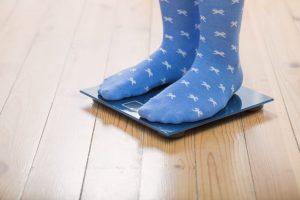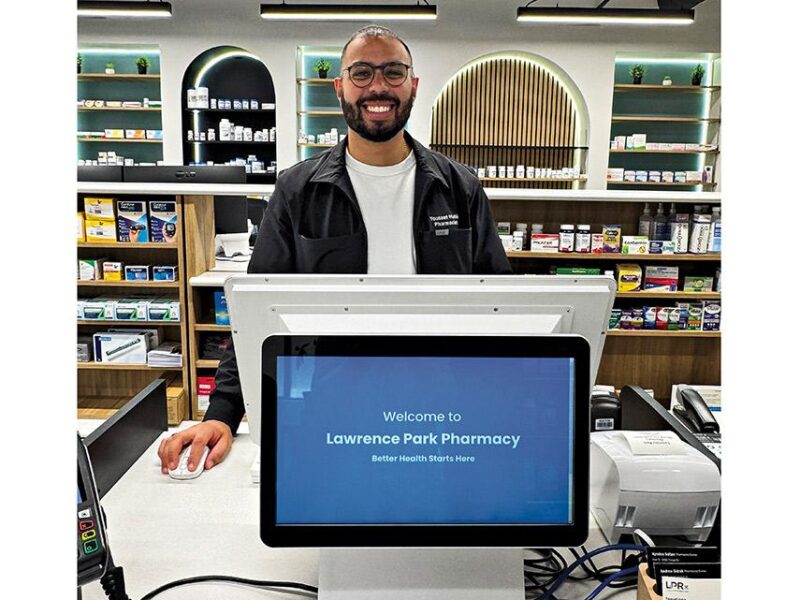
Don’t use the ‘D’ word
By Christine Davis
When Weight Watchers announced plans to launch a teen program, offering free six-week memberships to teens from 13-18 with an adult membership, the backlash was fast.
“I think their hearts are in the right place,” says registered dietician and eating disorder survivor Julie Bednarski, who claims this is not the right way for teens to get healthy.
Research shows that kids who go on diets and who talk about weight tend to have a poor body image, low self esteem and are more likely to develop an eating disorder or disordered eating. While eating disorders can be classified as anorexia and bulimia, disordered eating isn’t necessarily diagnosed and can include anything from yo-yo dieting to a person’s eating patterns and unhealthy food behaviours.

The debate around the Weight Watchers program centres around the question of whether the program is a healthy and structured way of teaching teens to take care of their bodies or if it teaches kids calorie counting and promotes unhealthy dietary restrictions.
Bednarski suggests that rather than counting calories and setting food restrictions, parents need to change the conversation they have about themselves and with their children, starting from a very young age.
“Even two-year-old kids can pick up words,” Bednarski claims, adding that parents need to learn to communicate properly. “Their impression of self will reflect on the children. Self love.”
Other ways to change the conversation about food and body image includes talking about doing activities that will make us feel empowered and good about ourselves. “Talk about feeling strong and healthy, rather than about looks: Thin, pretty, etc.,” the dietician suggests. That extends to celebrities and photos in magazines. “Talk to kids about unrealistic goals,” she says “Explain that the images are touched up and aren’t normal or real.”
As an eating disorder survivor Bednarski knows first-hand how affected kids can be by what she calls the ‘D’ word: Diet.
Overweight by age 10, her parents put her on a diet, talked about losing weight and counted her calories. “My parents thought this was good but it caused me to develop an eating disorder.” And while she admits this won’t happen to every child, it is more likely.
“I struggled with anorexia for 17 years,” Bednarski admits, “but you can get better.”
The survivor suggests that parents really pay attention to their children if they even suspect an eating disorder or disordered eating may be an issue. Kids not wanting to eat, over-exercising, going to the bathroom after eating and any other eating patterns that aren’t normal are all possible signs. “Look at their body, you’ll notice if they’re losing weight.”
Because eating disorders are so multi-dimensional Bednarski explains that there can be countless causes or factors involved. “It’s not always about food. It’s often about control. They can control food when other parts of their life are uncontrollable.”
She recommends talking to a family doctor when suspicions first arise and specialized treatment can be organized from there.
Bednarski’s best healthy eating tips involve stocking the house with healthy, whole foods. Avoid packaged food and instead, get the kids involved in the planning, shopping and prepping of food. “It’s more effort on the parents’ behalf, but eating real food is the best way to go.”
By getting the whole family involved you can also stop differentiating between kids who may be of different weights and sizes and instead treat everyone the same.
“Encourage kids to get involved more in group sports…where they can focus on being with their peers rather than just focusing on the treadmill or fitness class. Peers can help with challenges,” she suggests.
“And the best thing you can do is find ways to hide fruits and veggies in food.” Try smoothies, add pureed extra vegetables to sauces and be creative.





